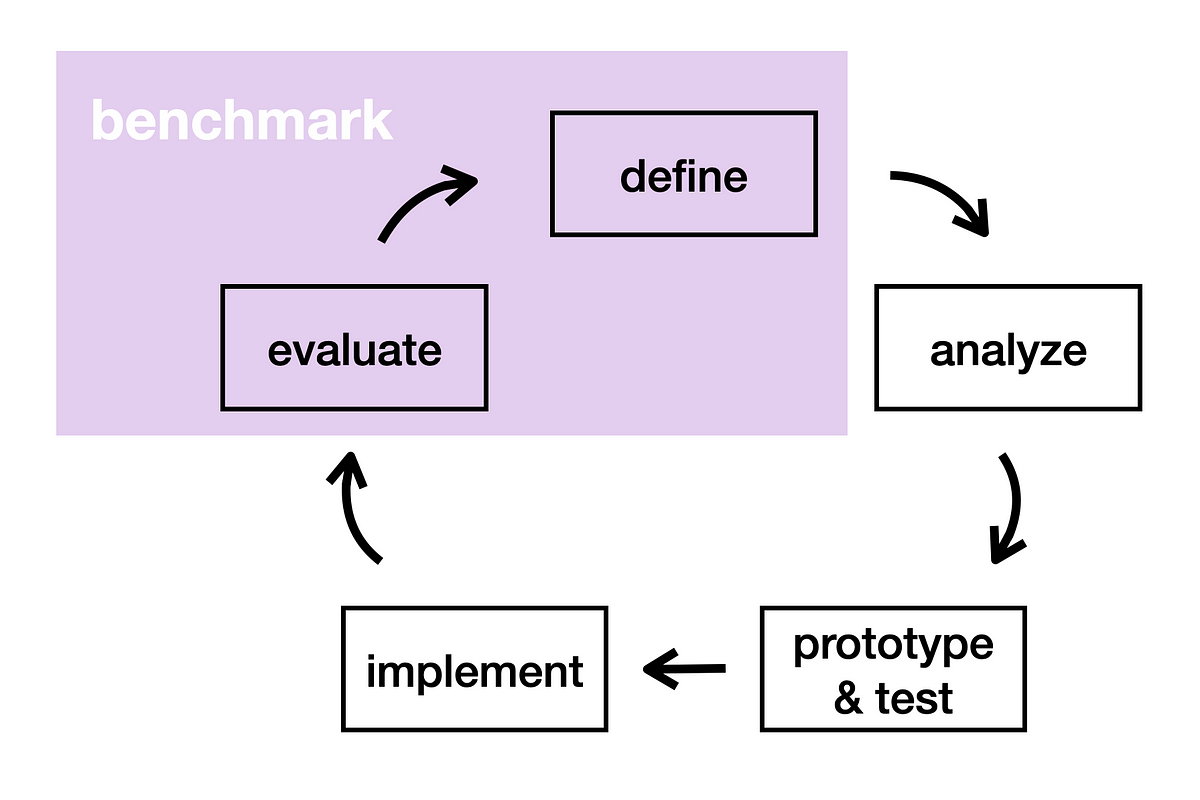
"Benchmarking is a systematic process of comparing performance, products, processes, or financial metrics against internal benchmarks, competitive offerings, or broader industry standards."
"UX benchmarking offers a rigorous, data-driven methodology to assess, compare, and ultimately elevate the quality of user experiences."
"A human-centered approach, with User Experience (UX) at its core, is increasingly demanded in contemporary product development and service delivery."
"The integration of UX benchmarking within the iterative Design Thinking process allows organizations to systematically evaluate product usability and effectiveness."
Benchmarking is a systematic process crucial for evaluating products, processes, and performance through comparisons against standards. Originating in the management context, benchmarking addresses competitive disadvantages faced by organizations. The adoption of benchmarking by major corporations like Ford and IBM illustrates its significance in improving various aspects of business operations. Integrating UX benchmarking into the Design Thinking process is vital for assessing user experiences, thereby driving data-backed improvements essential for achieving organizational excellence and fostering a human-centered product development approach.
Read at Medium
Unable to calculate read time
Collection
[
|
...
]